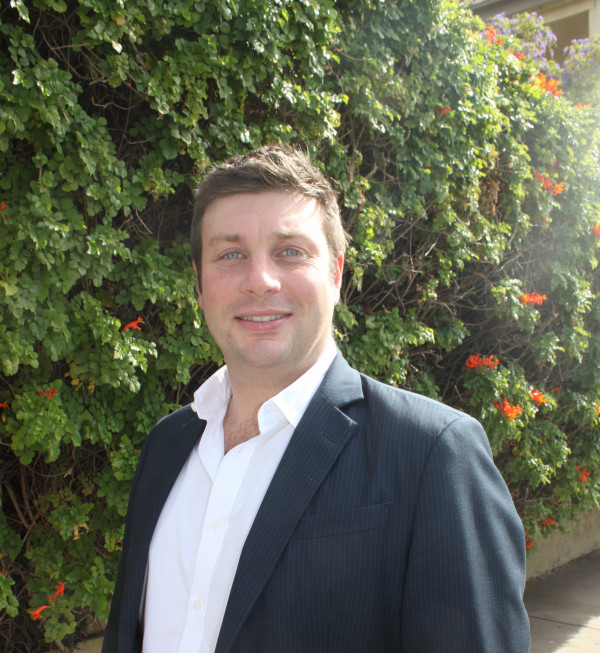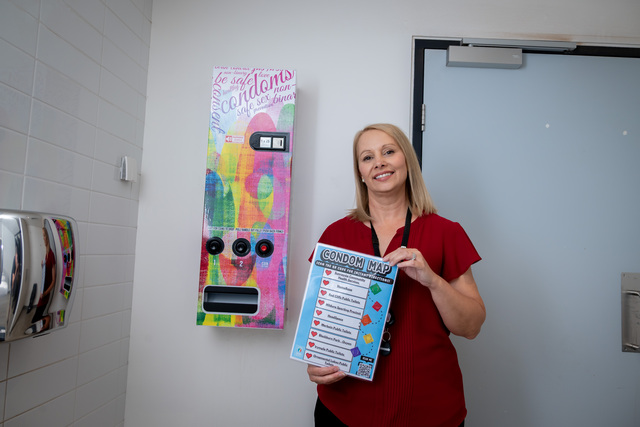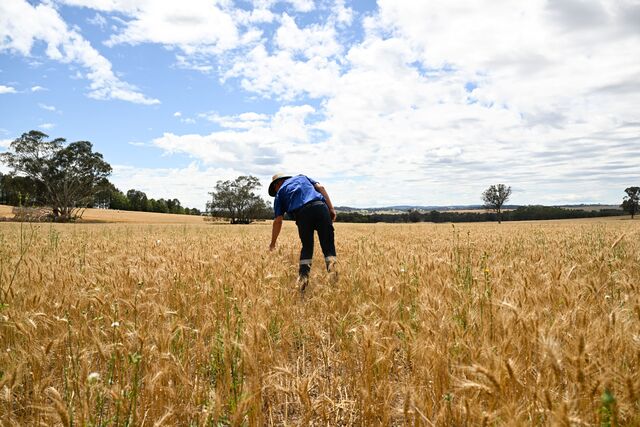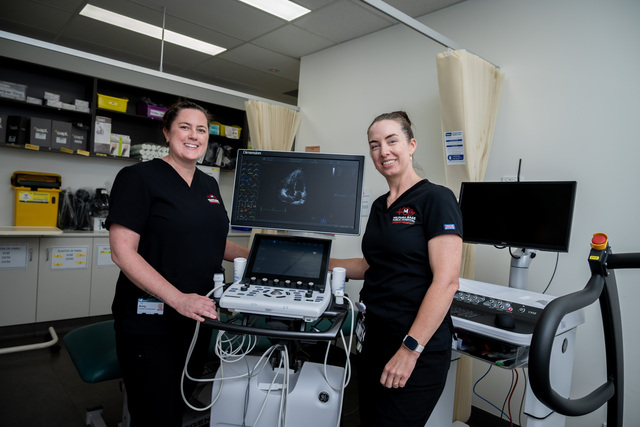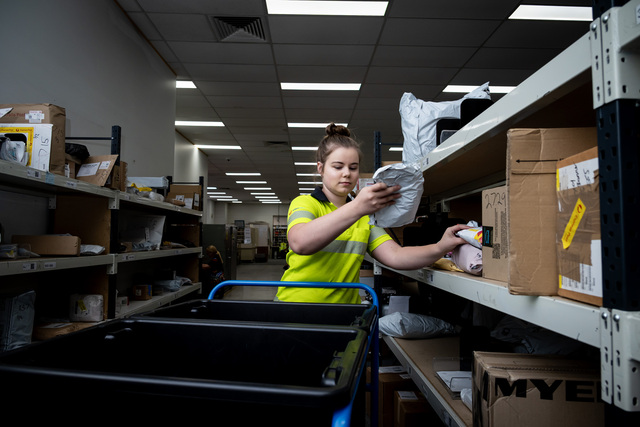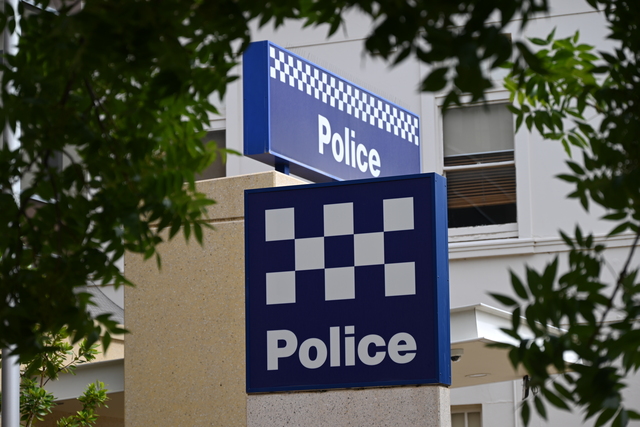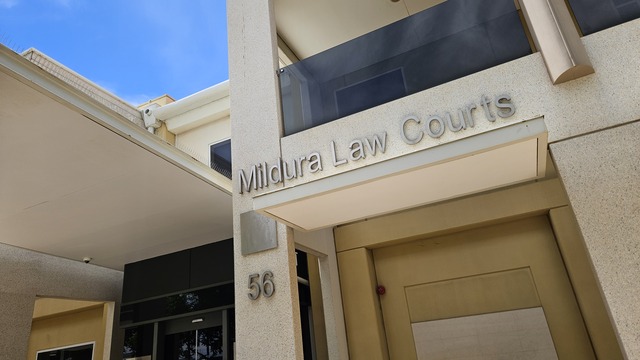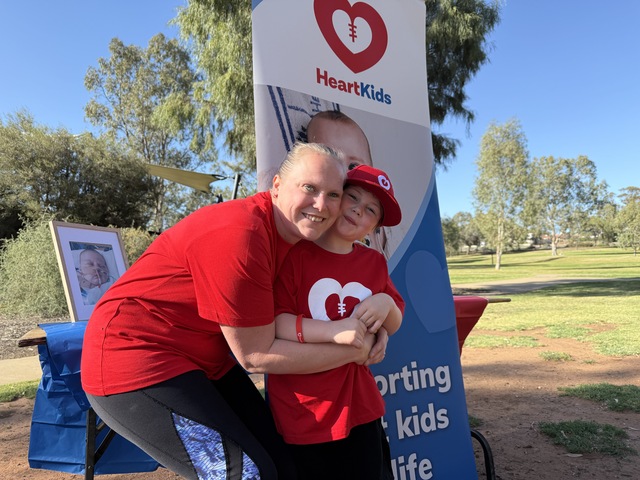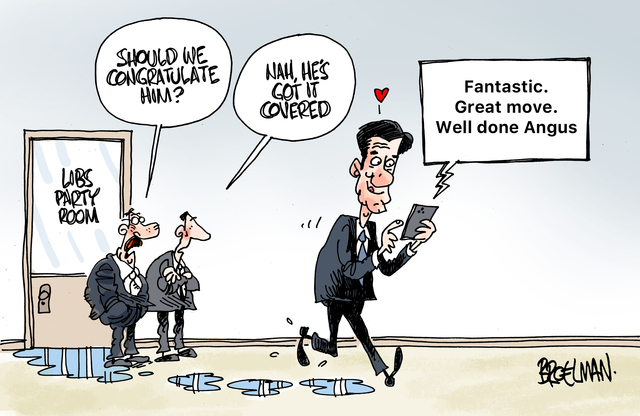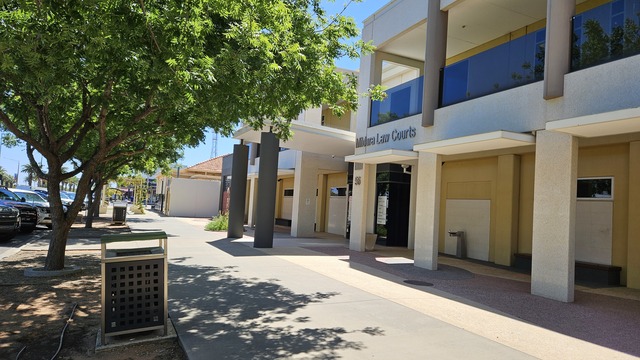A LIBERAL MP has outlined how incorrect Census data about Robinvale’s population could have “huge ramifications” for Victorian and Federal Government funding for the town.
Tim Smith, the Coalition’s Planning and Heritage, Local Government, Housing and Population spokesman, was in Robinvale on Thursday for a “working lunch”, meeting Swan Hill Rural City councillors, farmers and business owners.
“Obviously, you can’t make important decisions at any level of government if your statistics are wrong,” he said.
“I think all the locals have known for years that Robinvale’s population is twice what the ABS said it was, and that obviously has huge ramifications for investment from the Federal and State Government if they’re not aware of the population as it stands.”
Last month, a council-commissioned report by Melbourne-based research company Geografia found there was between 7205 and 7725 people living in the town, well above the official census figure of 3313.
Discussions around housing were also high on the agenda, Mr Smith said.
“The main topic of discussion was housing — particularly private housing, and what can the State Government do to encourage a greater diversity of housing stock in Robinvale,” he said.
“Obviously we want to attract more permanent workers to the town.
“There are a number of different planning controls that I’ll be looking at when I return to Melbourne, particularly the development of some farming land for residential development.
“The feedback I’m getting is that there’s no investment in local residential development… we’re looking at strategies around how we can encourage that.”
Mr Smith said discussion about the Robinvale Hotel was a hot topic.
The Perrin Street building is on about 4283sq Robinvale’s town centre, and has been an eyesore since it was ravaged by fire in 2015 and subsequently purchased by private investors.
“Robinvale needs a pub … I encourage everyone that lives there to go and have a round table discussion about investing in a new pub, because that’s very important,” he said.
“There’s important local services that are provided by the private sector, like residential development and a pub, and there’s obviously government services like health services that are important as well.”

